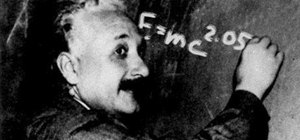Altruism was first explained as kin selection: "I would lay down my life for two brothers or eight cousins", as J.B.S. Haldane put it.
Then Robert Axelrod showed that in repeated interactions, individuals will sacrifice well being in return for an expectation that those with whom they are interacting will return their favors.
Still, people commonly help non-relatives with whom they have no expectation of future interactions. How do we explain that?
The latest thinking is that we do it in order to bolster our reputations.
People are more likely to help out someone reputed to be kind, generous, and trustworthy, because they expect their good deeds to be reciprocated. Thus, donors name schools and buildings after themselves.
To make this all work, however, it is critical that reputations be formed through communication. And hence the socially redeeming value of gossip.
References:
- The Evolution of Cooperation (1984 book) by Robert Axelrod, Basic Books, ISBN 978-0-465-02122-2
- "Five Rules for the Evolution of Cooperation" by Martin Nowak, Science, December 8 2006, Vol 314
- Super Cooperators (2011 book) by Martin A. Nowak with Roger Highfield
Just updated your iPhone? You'll find new emoji, enhanced security, podcast transcripts, Apple Cash virtual numbers, and other useful features. There are even new additions hidden within Safari. Find out what's new and changed on your iPhone with the iOS 17.4 update.


































1 Comment
I resemble that remark, only I name all my projects after myself, because if you want a helping hand, look at the end of your own arm, and behind every successful woman is herself. ;-)
Share Your Thoughts